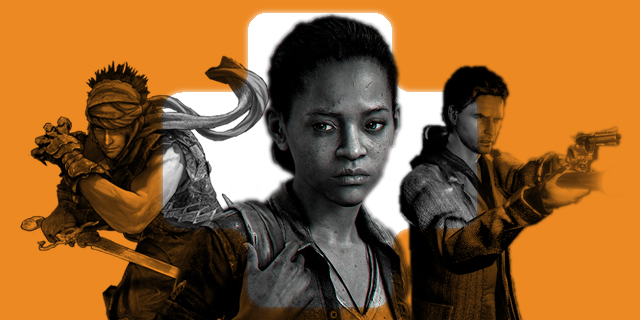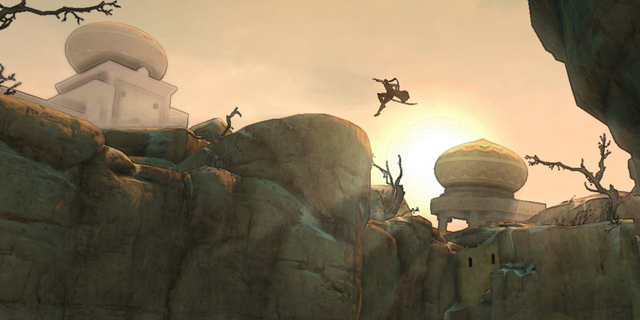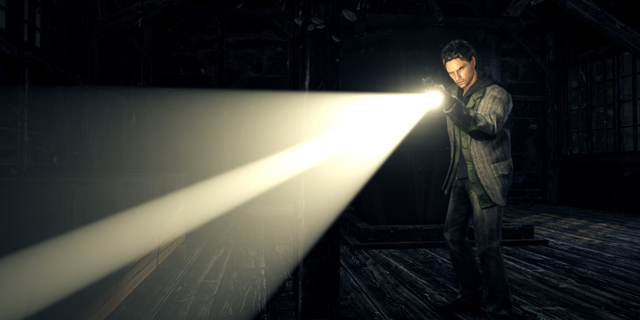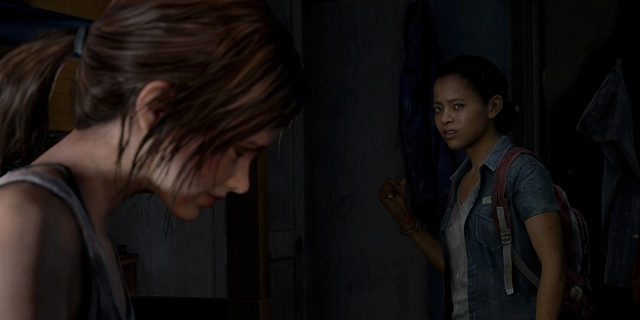
Last week saw the release of Left Behind, the first (and only) story-related add-on content for The Last of Us. It both filled in a gap during the game’s main story and also focused heavily on Ellie’s life prior to her meeting Joel. I don’t often invest in downloadable content; once I finish a game and put it down, I rarely have a reason to pick it up again for extra content. Sometimes, however, you just need a little more. Left Behind delivered exactly what I was looking for, and also made me think a lot about story DLC and its impact on a game — especially if it comes out months after its initial release.
While I find it easy to ignore most add-ons, I can understand why someone would want to experience as much of a game they enjoyed as possible, including post-launch content. Why not get more out of a game you loved if you could? Early on, not all add-ons, especially story-based ones, added to a game positively. I might even argue certain games’ downloadable content had a negative effect on the main experience, if slightly.

Let’s talk about the epilogue for 2008’s Prince of Persia reimagining. The game had a bold, remarkable ending that left many people wanting more. It was unexpected, leaving you with many questions about the state of the world and the characters you had come to appreciate. Some, however, hated the ending. Yes, it ended with the words “to be continued,” but to me that implied a sequel, not some throwaway DLC that attempts to fill in some gaps and fails miserably.
This is the sort of story content that makes everything leading up to it worse in retrospect. In Prince of Persia’s case, but it made me go back and question whether or not I even liked how it concluded in the first place. I still believe it was a strong way to end a game; that hasn’t changed. But just knowing that there is some awful piece of content out there that elaborates on everything and continues past that point gives it less of an impact. I would rather have an unexplored cliffhanger, and I’m sure many others feel similarly.
Another perfect example: Alan Wake. Once again, many loathed the way the game ended. Some don’t even really consider it an ending at all. I, on the other hand, think it’s brilliant. Alan Wake isn’t the deepest game on the planet and probably shouldn’t win any awards for its writing, but the ending alone made me think about everything prior. It was an ending that didn’t hold your hand or explain things in immaculate detail, but it did just enough to make you think. That, to me, is the sign of a good ending. It won’t satisfy everyone, sure, but it doesn’t need to.

Then Remedy released two post-launch add-on episodes that expanded on the story after the ending. They were okay, with some neat, albeit unnecessary additions to the story, but they also ruined a lot of the allure the original ending provided. If Remedy hadn’t announce these episodes ahead of time, the negative reaction to the ending, specifically those claiming the game was launched as an “unfinished” product, would be insignificant in comparison to how it actually played out. I know some would hate it still, but Remedy shot itself in the foot with its own DLC plan.
Thankfully, I feel like we’ve learned a lot from these experiences. Not all post-launch content released today is perfect, but we still have plenty of quality examples. As mentioned before, Left Behind did enough to expand on parts of The Last of Us’ story and also flesh out one of the two main protagonists. BioShock Infinite’s Buried at Sea is a nice alternative take on traditional story DLC, that also ties in well with one of the main themes of the game. Dishonored even had two excellent add-ons that focused on one of the game’s major antagonists, augmenting a story that some might dismiss but I found completely fascinating.

The good news? Most bad (or forgettable) story DLC doesn’t threaten to encroach on your memories of the main game, thanks to the method of implementation. Even the worst content releases for the Mass Effect or Elder Scrolls games, titles ripe with opportunities for new story, are separate enough that they don’t retroactively harm the fondness you have for the main games. We don’t always need DLC to fill in gaps or continue a story past its ending, but many developers have discovered ways to add this content into the game in a meaningful way. The best part is that it usually doesn’t completely mar what came before.
I’m sure this sort of thing is tough to accomplish, but we have come a long way. If anything, this current console generation already seems promising in this regard, so I remain hopeful that we’ve overcome the worst of it.



















